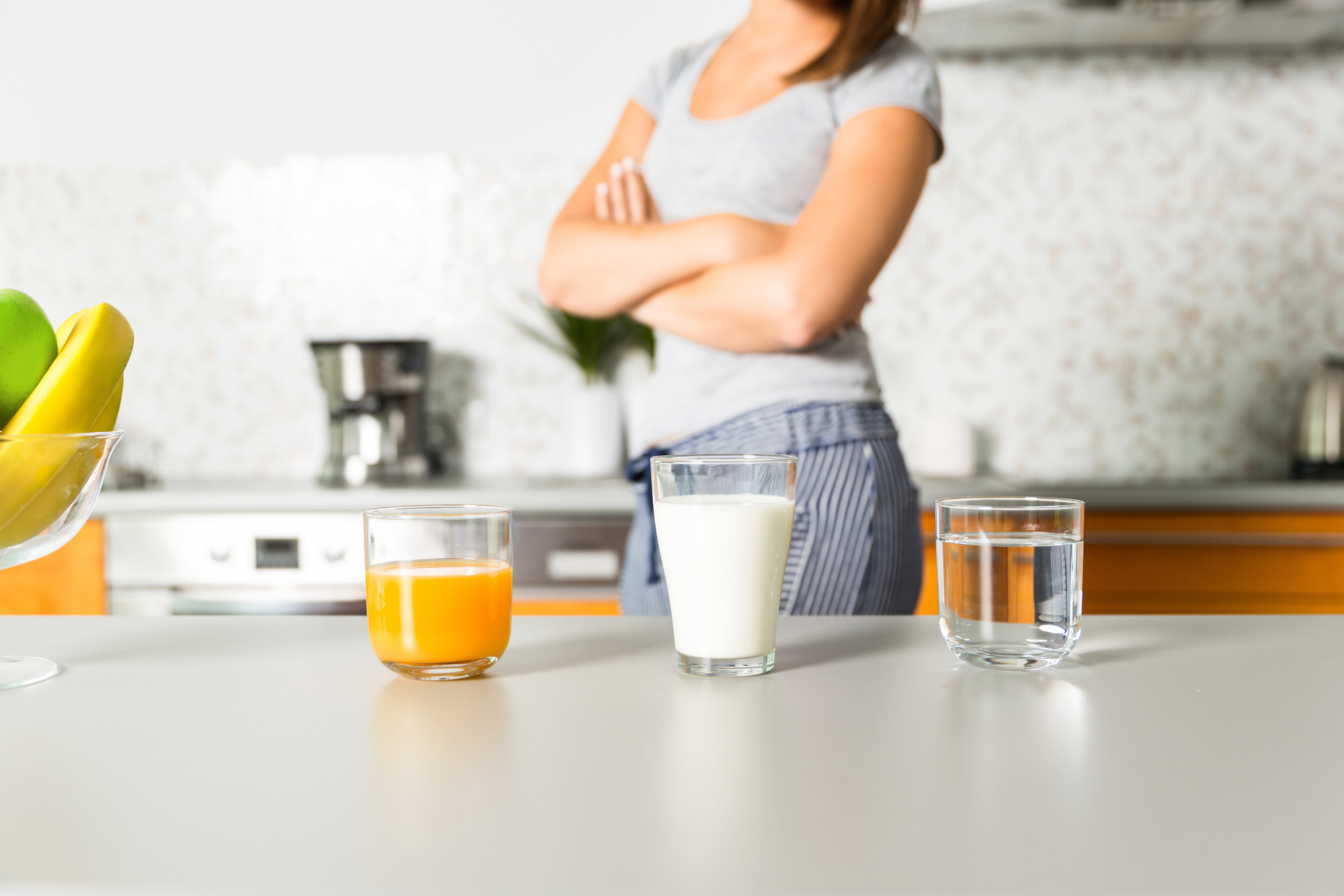Is it Safe to Keep Your Wisdom Teeth?
When we talk about wisdom teeth, sometimes the first thought is extraction. And, while the fact is that removal of wisdom teeth is common, it isn’t necessarily inevitable. Let’s talk...

If you are a parent, you want what’s best for your kids, and their health is a main priority. But it can be a real challenge to navigate all of the parenting and nutrition advice you hear every day.
For example, you know fruit is healthy and staying hydrated is important, so you would think that fruit juice is an easy win. But the reality is juice is not the best beverage choice for your kids. Let’s talk about the problems with fruit juice and what you should encourage your kids to drink instead.
Even though many fruits can be healthy since they are high in water content and rich in nutrients, juice is not so great. Fruits contain some natural amounts of acids and sugar. However, they also contain fiber and require chewing, which stimulates saliva production and helps to cleanse teeth.
Juices, especially those high in acidity, can lead to the development of cavities in kids. The acid found in juice can cause what’s called “dental erosion,” or the wearing away of the enamel. In other words, corrosive acids can eat away at the protective covering surrounding our teeth. Once this enamel is worn away, it can’t be replaced. This makes the teeth more susceptible to cavities and sensitivity.
As we mentioned, some acid is found in fresh fruit. However, juice is often concentrated, resulting in a higher PH than a fresh piece of fruit and, therefore, a greater danger to teeth.
It doesn’t end there. Many juices are also high in sugar. The bacteria in your child’s mouth thrive on sugar. In fact, when bacteria feed on sugar, they quickly produce acid as a byproduct. Like the acid we take in with food and drinks, this acid can erode away tooth enamel and eventually leads to cavities.
Unfortunately, many juices are concentrated, or they contain added sugar. In fact, the amount of sugar in many popular juice brands can be downright alarming. And sugar not only contributes to dental cavities, but it can also contribute to obesity, diabetes, and other health concerns.
You may still be skeptical. Does a glass of juice a day really lead to cavities? The truth is that it’s not quite as simple as that. The frequency and manner of juice consumption play a significant role. Sipping juice throughout the day or drinking it right before bed can be particularly harmful. This gives the sugar and acids more time to attack the teeth.
Juice can be a part of a balanced diet. The American Academy of Pediatrics suggests no more than 4-6 ounces of juice per day for children aged 1-6, and 8-12 ounces for those aged 7-18. Treating juice as a once-in-awhile treat is probably okay.
If you choose to include juice in your child’s diet, opt for 100% fruit juice with no added sugars. Additionally, serving juice with meals can help neutralize the effects of acids and sugar.
So, what can you offer instead? Water and milk are excellent choices. Water helps wash away food particles and neutralizes the acids produced by bacteria, while milk provides essential minerals like calcium, which strengthen teeth.
Making informed decisions about what your child consumes and instilling good dental hygiene practices can pave the way for a lifetime of healthy smiles. With moderation and proper dental care, you can ensure that your child enjoys their favorite drink without compromising their dental health.
Why not start by swapping out one of their daily glasses of juice for a healthier alternative? And don’t forget to schedule your child’s regular dental check-ups to keep an eye out for signs of enamel damage.